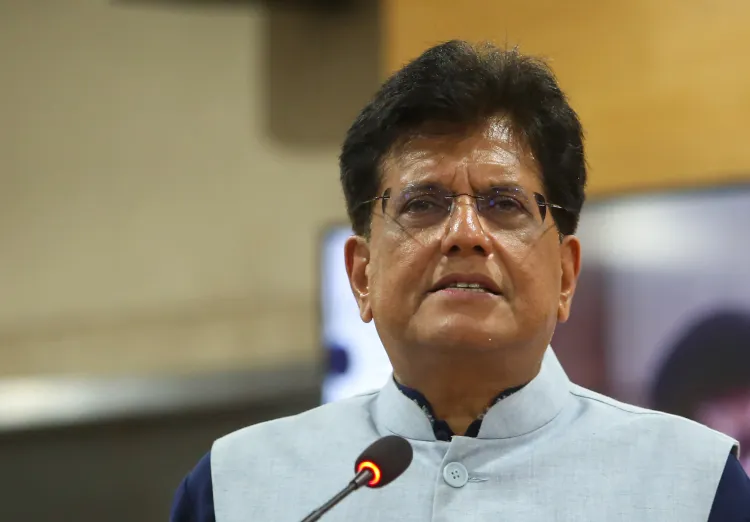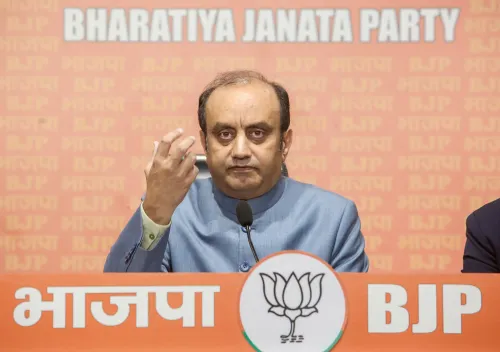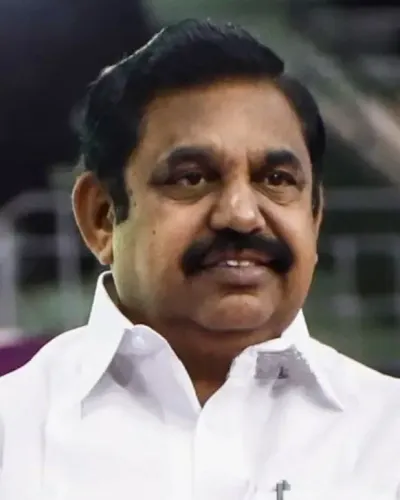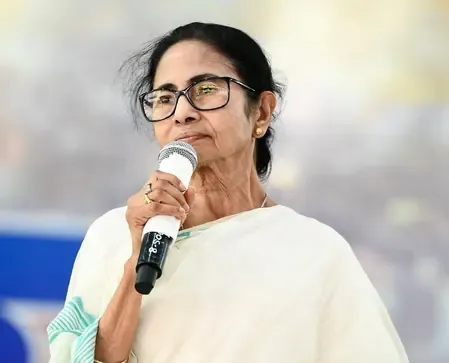Is India really negotiating from a position of strength now?

Synopsis
Key Takeaways
- India's negotiating position has strengthened.
- Free trade agreements are crucial for economic growth.
- National interests guide all negotiations.
- Time pressure does not dictate trade agreements.
- International cooperation is key for India's development.
New Delhi, July 5 (NationPress) India is no longer a weak nation under the Congress and UPA governance, which previously entered negotiations and agreements detrimental to our national interests, stated Union Commerce Minister Piyush Goyal on Saturday.
In a message shared on the X social media platform, Goyal asserted that India now negotiates from a position of strength.
"We are confident in ourselves and ready to compete with anyone globally," Goyal expressed.
He emphasized that India does not operate under tight deadlines during negotiations, stating, "Our national interests guide our discussions, and they remain our top priority in all international dealings."
Goyal highlighted that since the PM Modi government took office, India has successfully entered into free trade agreements with Mauritius, the United Arab Emirates, Australia, and the four-nation European Free Trade Association (EFTA) block, which includes Switzerland, Norway, Iceland, and Liechtenstein, and most recently, the UK.
He further mentioned that India continues to engage with other developed nations such as the EU comprising 27 countries, the United States, Oman, Peru, and Chile.
“Today, India is negotiating from a position of strength. We are self-assured and can compete with anyone globally. This is not the weak India under Congress and UPA that would sign agreements harmful to our national interests,” the Commerce Minister reiterated.
During a previous statement, Goyal indicated that a free trade agreement is achieved only when it offers mutual benefits.
“India does not enter trade agreements under time constraints or pressure. A deal is only finalized when it is thoroughly negotiated and aligns with our national interests,” he remarked.
While India seeks improved market access for its labor-intensive products, the US is pursuing duty concessions for its agricultural exports. The suspension of US reciprocal tariffs is set to conclude on July 9.
US President Donald Trump has signed tariff letters on exports from 12 nations, which are expected to be dispatched on July 7 (Monday).









